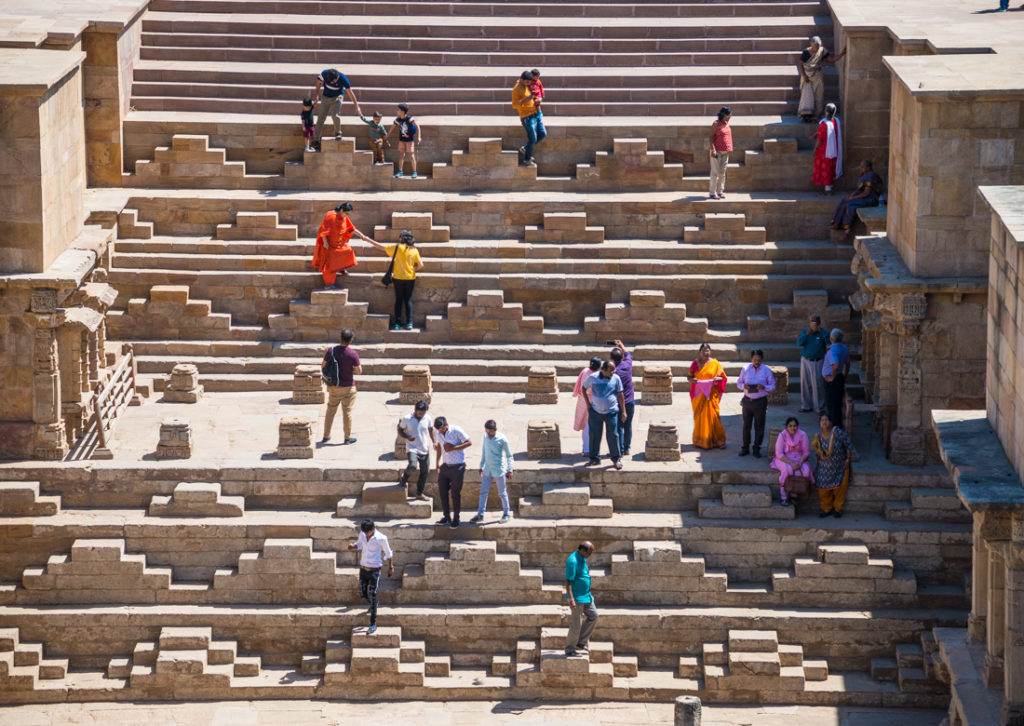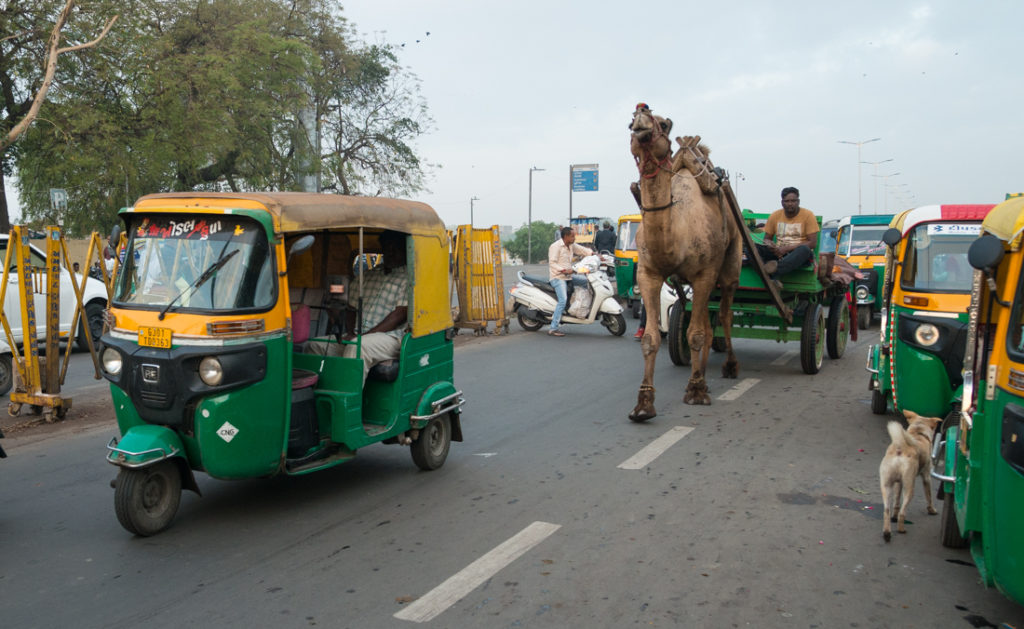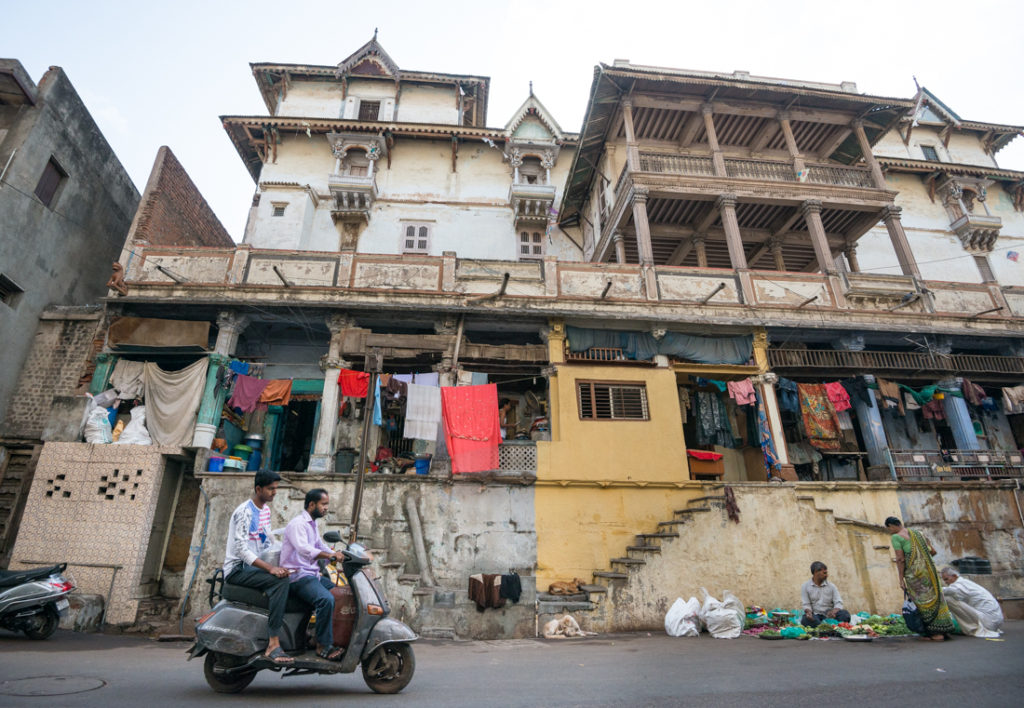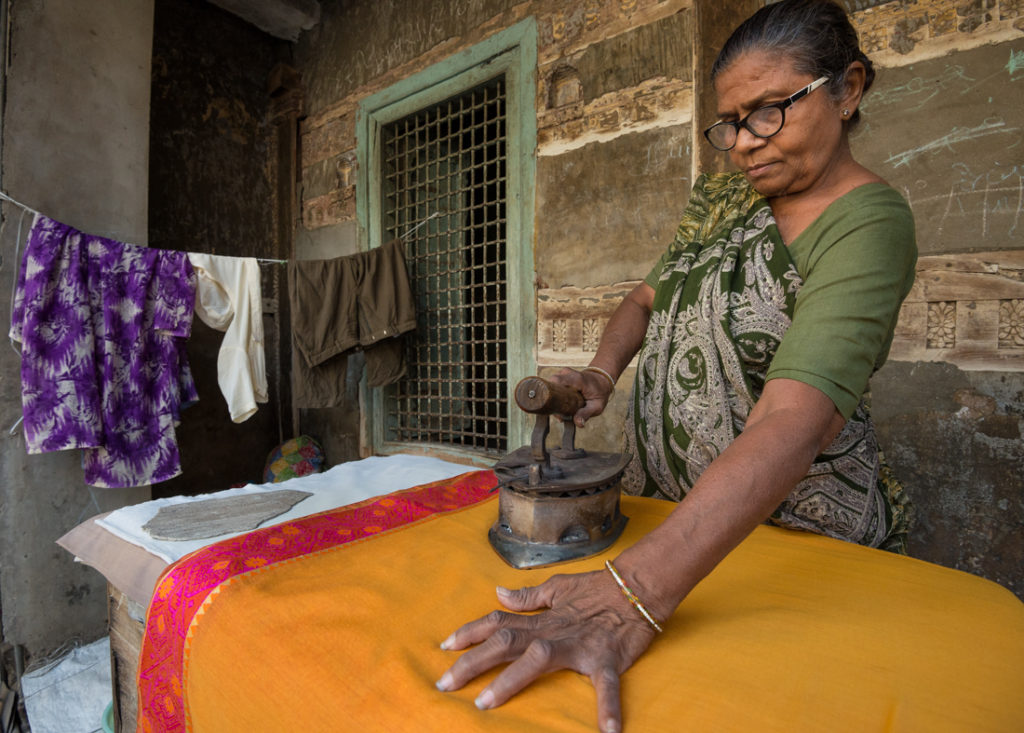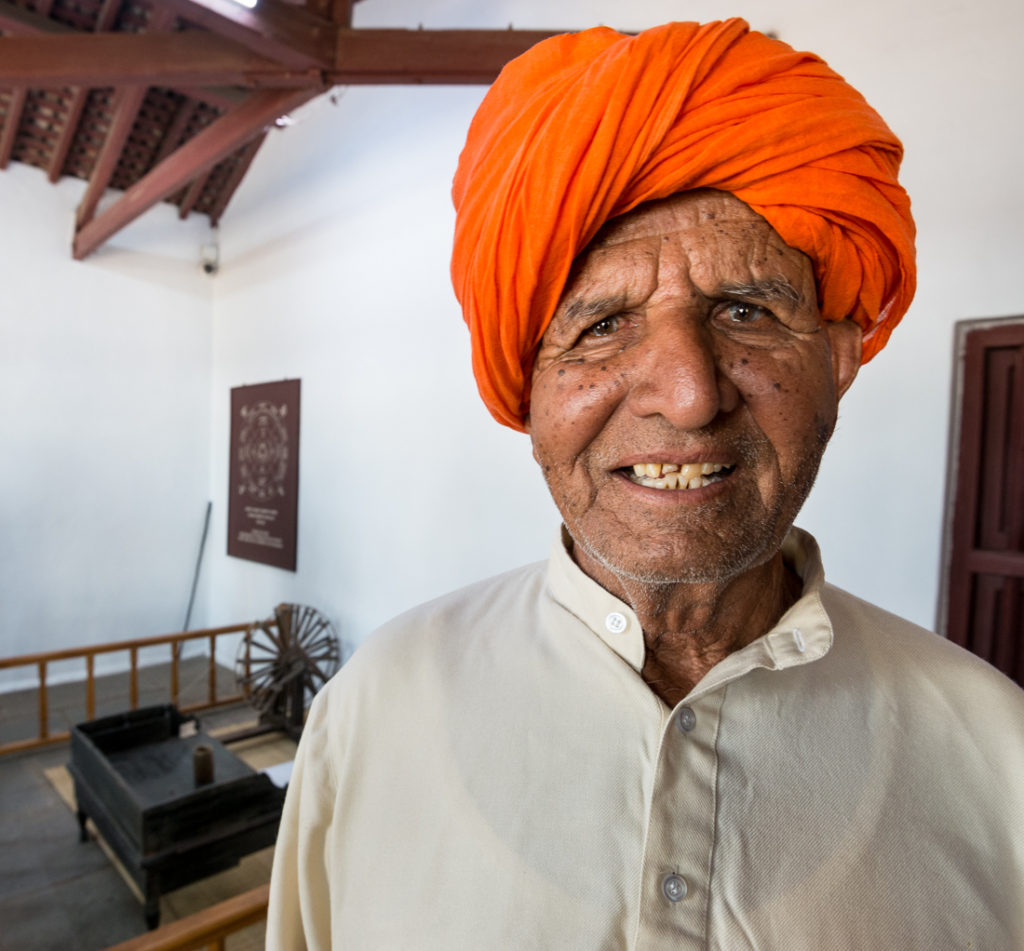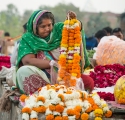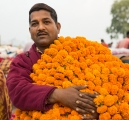India’s westernmost state is home to 60 million people and a handful of endangered Asiatic Wild Ass. Gujarat is the birthplace of both Mahatma Gandhi and current Indian Prime Minister Modi. One morning I was at a massive flower market in Ahmedabad, set up on the edge of a busy highway. Across the street was a billboard of Modi posing with Donald and Melania Trump. I looked up from the flower market to see a couple of camel-drawn carts making their way through the rush hour traffic jam. A very ‘India’ sight. My visit to Gujarat wasn’t quite as fast-paced as my time in Kerala, so I had plenty of time to think about the important Hindu principle of Karma.
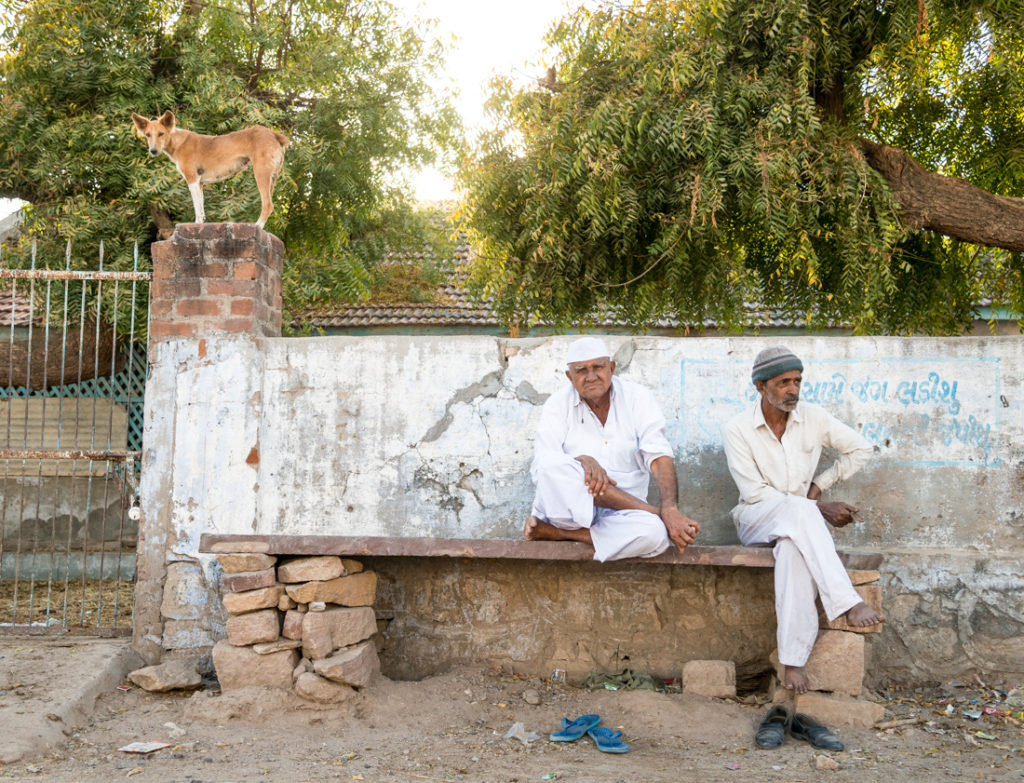
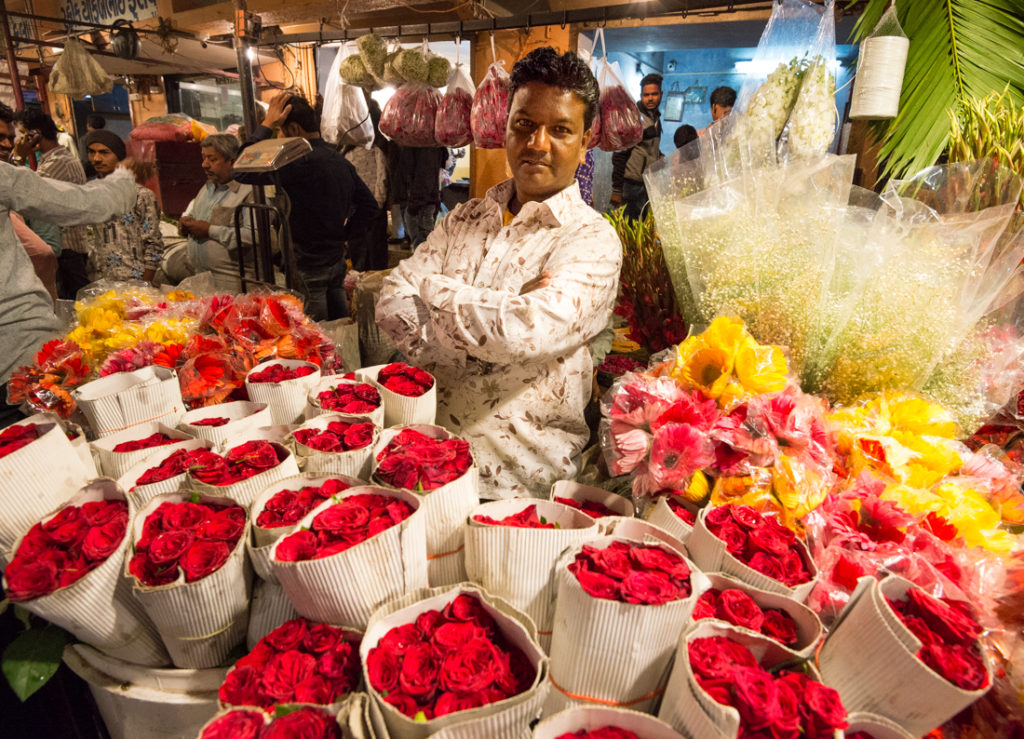

EVEN IF you don’t know much about Hinduism, you’ve probably heard of “karma.” Karma means that every action has a consequence. Your good deeds and hard work will eventually be rewarded. And your bad acts will somehow come back to haunt you. The universe will even things out.
We all know the phrase, “What goes around comes around.” That’s karma in a blunt nutshell. Lots of English-language sayings describe some sort of karma (mostly the “bad” side): Paybacks are hell. Chickens come home to roost. He got a taste of his own medicine. What’s good for the goose is good for the gander. If you live by the sword, you’ll die by the sword. You reap what you sow. She had that coming. That’s gonna bite you in the ass. An eye for an eye. Karma’s a bitch.
The word “karma” is Hindu but the concept is universal. Even the Golden Rule — arguably the most important moral principle for everyone from Jesus to Kant – is essentially a corollary of Karma: “Do unto others as you would have them do unto you.” It’s a nice way of saying you should “dish out” only what you’re ready to “take.”
Hindus don’t necessarily think the gods are purposely or actively trying to punish or reward you, though. Karma is like gravity or physics: an inevitable law of nature. Even Newton’s Third Law of Motion sounds oddly like karma: For every action, there is an equal and opposite reaction. Nothing personal.
Hindus believe in an immortal soul with multiple earthly reincarnations, and they believe that the effects of karma can stretch beyond your current life. A person can experience the consequences of his acts – good or bad karma – even in his next life. This means that if something bad happens to you, it may be because of something bad you did in a prior life. Other faiths (like Christianity) struggle to explain why bad things happen to good people — why a benevolent and all-powerful god allows innocent people to suffer from illness, injury, hunger, and handicaps. Hinduism solves that philosophical dilemma: the person may have bad karma carried over from a prior life. It may sound a little brutal to imagine karma chasing us down even after we die, but that’s not so different from many Christian and Muslim beliefs about heaven and hell: Your acts in this life will be rewarded or punished in a later one.
People who research American political philosophy find that liberals generally place greater focus than conservatives on equality and on “caring” (the prevention of suffering). Conservatives, on the other hand, tend to place more emphasis on loyalty and on “proportionality.” Proportionality here refers to a belief that outcomes and consequences should be “proportional” to actions and behaviors – that good behavior and hard work should be rewarded, while bad behavior may rightly be punished. Which, of course, sounds a lot like karma. These different moral principles all sound good, but things get interesting when the themes conflict with one another. An emphasis on equality or on the prevention of suffering will often conflict with the karma-like proportionality principle: If good behavior and hard work are rewarded and bad or lazy behavior is punished, people will no longer be “equal” and some will literally suffer from the consequences of their actions and decisions.
The Hindu belief in an inevitable karma that spans multiple lifetimes takes the concept of personal responsibility to its extreme. Your present condition is the product of your own past acts and decisions, in this life or in prior ones. You made yourself what you are. Whatever good fortune or bad luck you experience, you caused it yourself either in this or a prior life. This view partly underlies India’s traditional caste system. To the Hindus, wherever you find yourself in the socio-economic hierarchy of the caste system—even at the time of your birth – you caused that yourself. If you’re unhappy with your life, only you and karma are to blame — and karma doesn’t have a complaint department.
Maybe the belief in karma is why so many of the Indians I encountered seemed so pleasant, happy, and content. Whether or not you actually believe in karma, there’s a lot to be said for people who do: People who believe there’s no sense complaining about whatever life brings you. People who believe that the way to a better world is to be good, do good, and work hard. Those are folks you’d want to hang out with, even if they live halfway around the world.
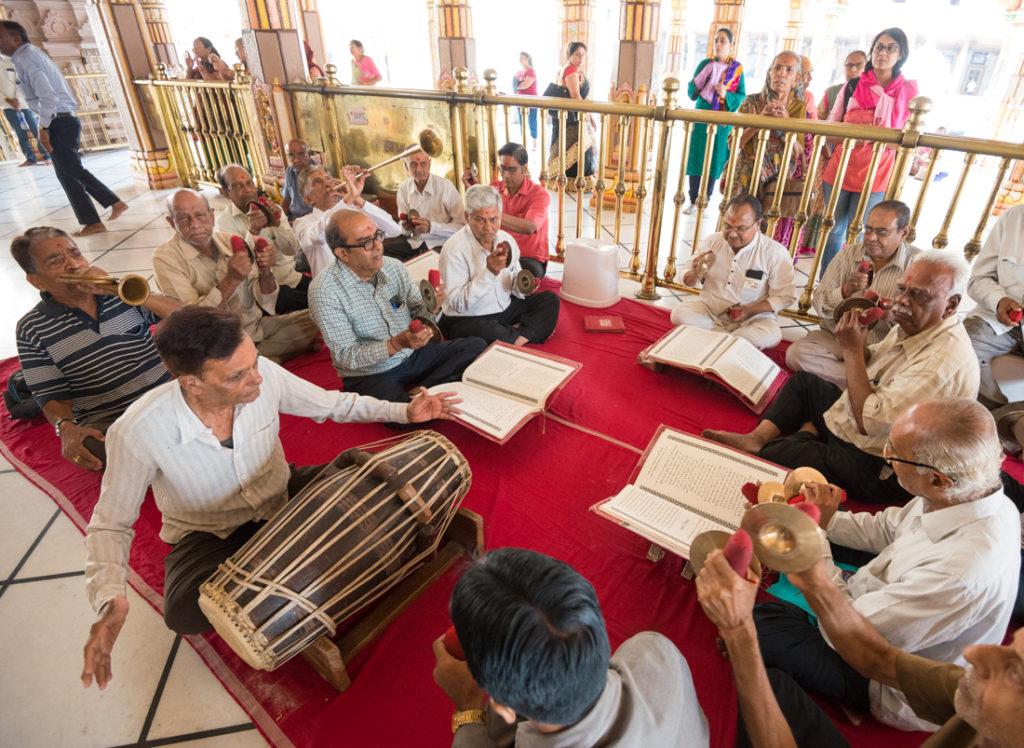
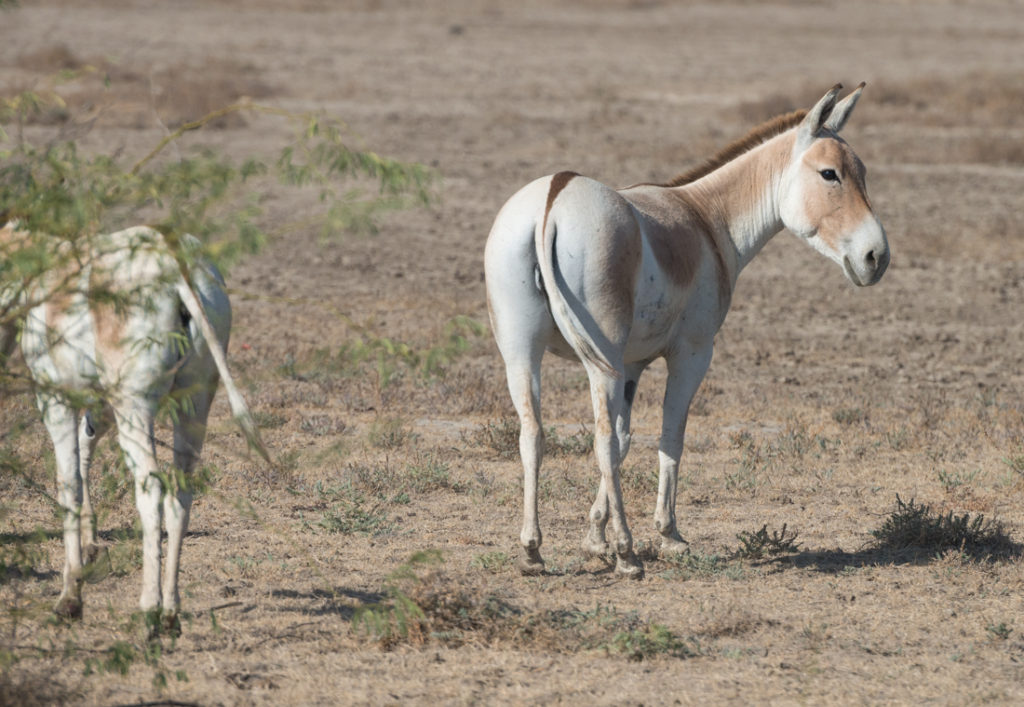
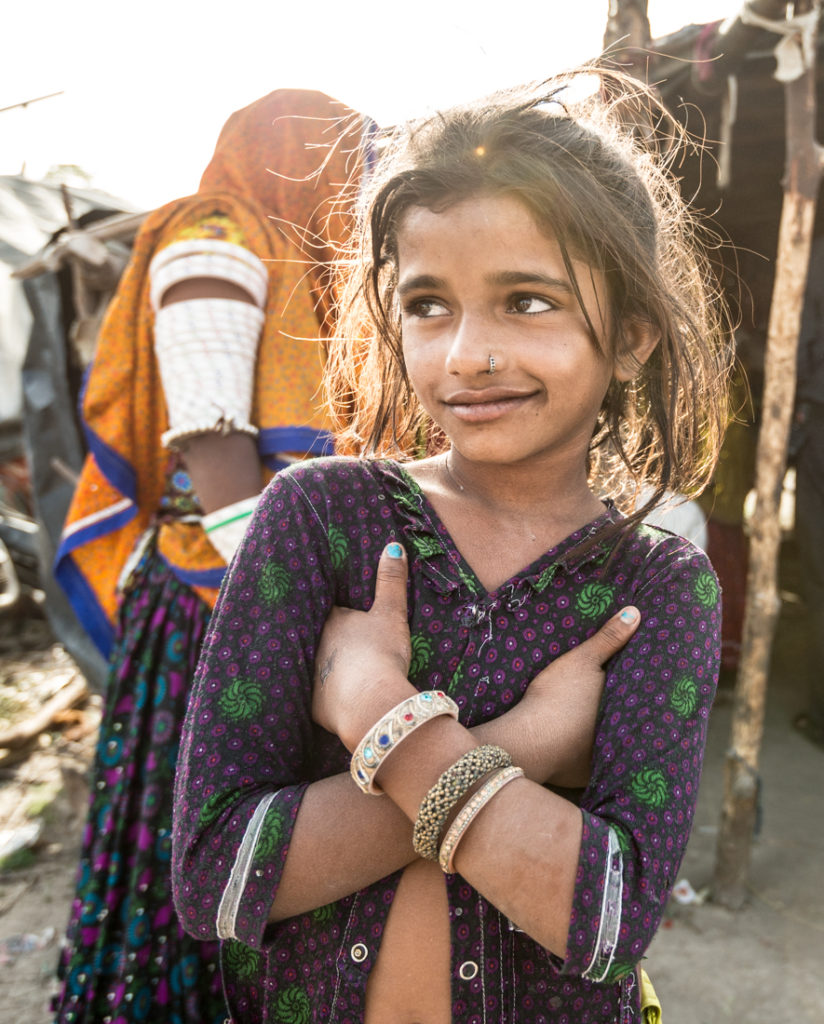
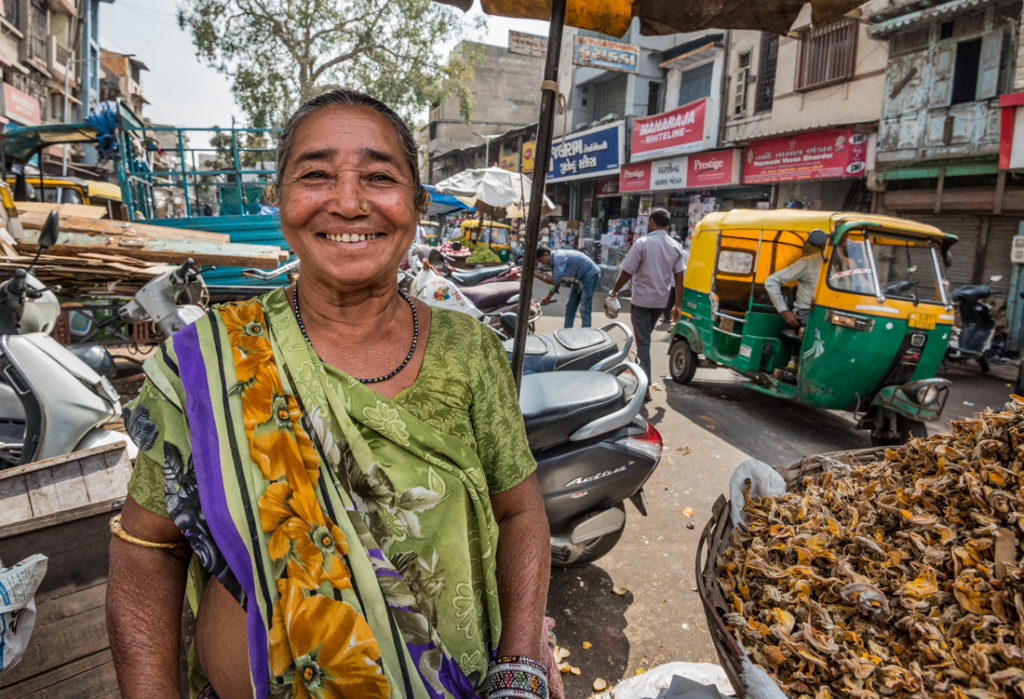
One of these two “step wells” near Ahmedabad was next to a Sun Temple. They’re religious sites but also functional: you walk down to the level of the water table and scoop out water.
